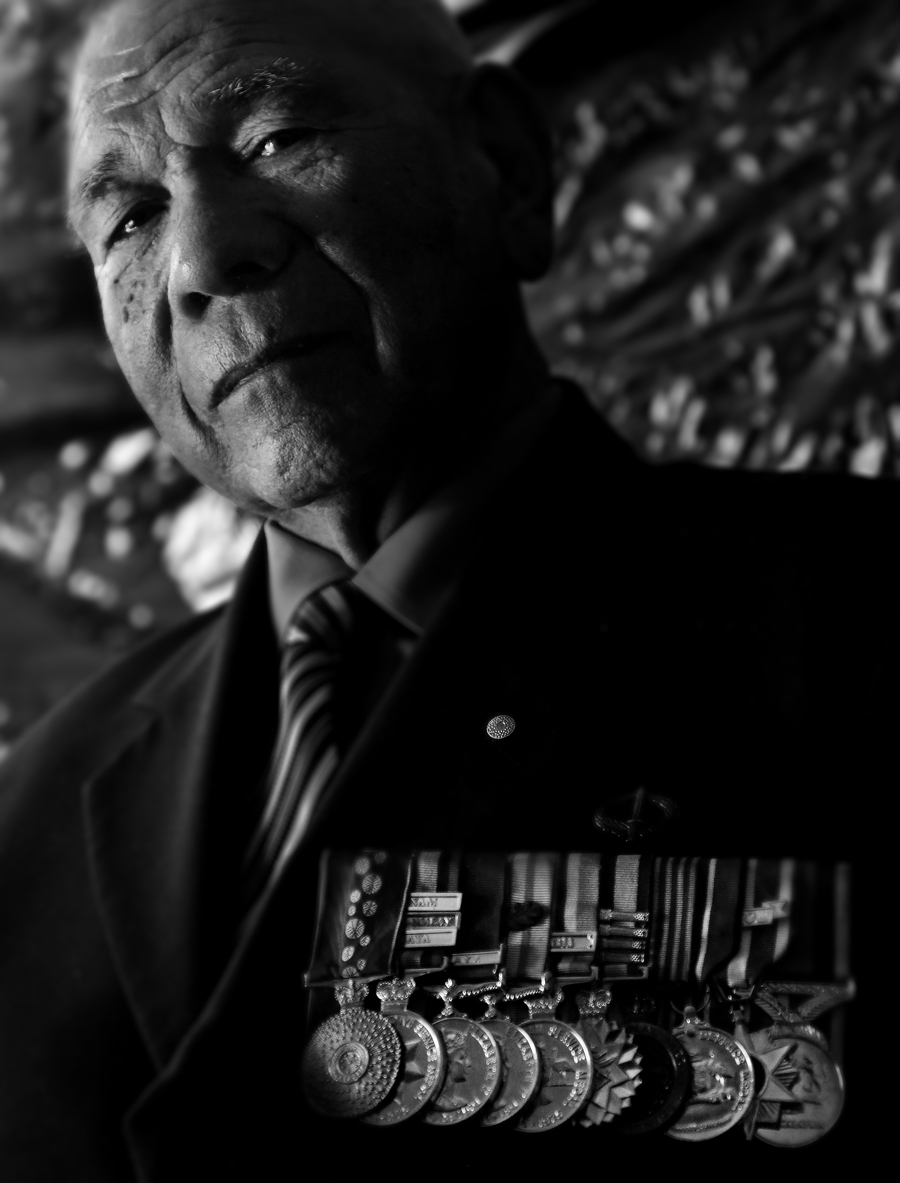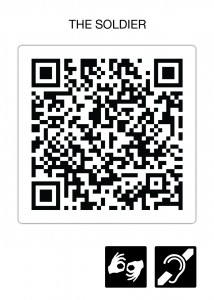GARY OAKLEY, KAMILAROI MAN
INDIGENOUS LIAISON OFFICER, AUSTRALIAN WAR MEMORIAL
NATIONAL PRESIDENT, ATSI VETERANS AND SERVICES ASSOCIATION OF AUSTRALIA
Gary Oakley is the Indigenous Liaison Officer at Australian War Memorial and National President of the Aboriginal and Torres Strait Islander Veterans and Services Association of Australia (ATSIVSAA). Gary joined the Royal Australian Navy as a Junior Recruit in 1969. He later served as Petty Officer Marine Technical/Submarines on bases and on ships such as HMAS Perth, HMAS Stewart, HMAS Stalwart and the submarines HMAS Oxley and Ovens.

